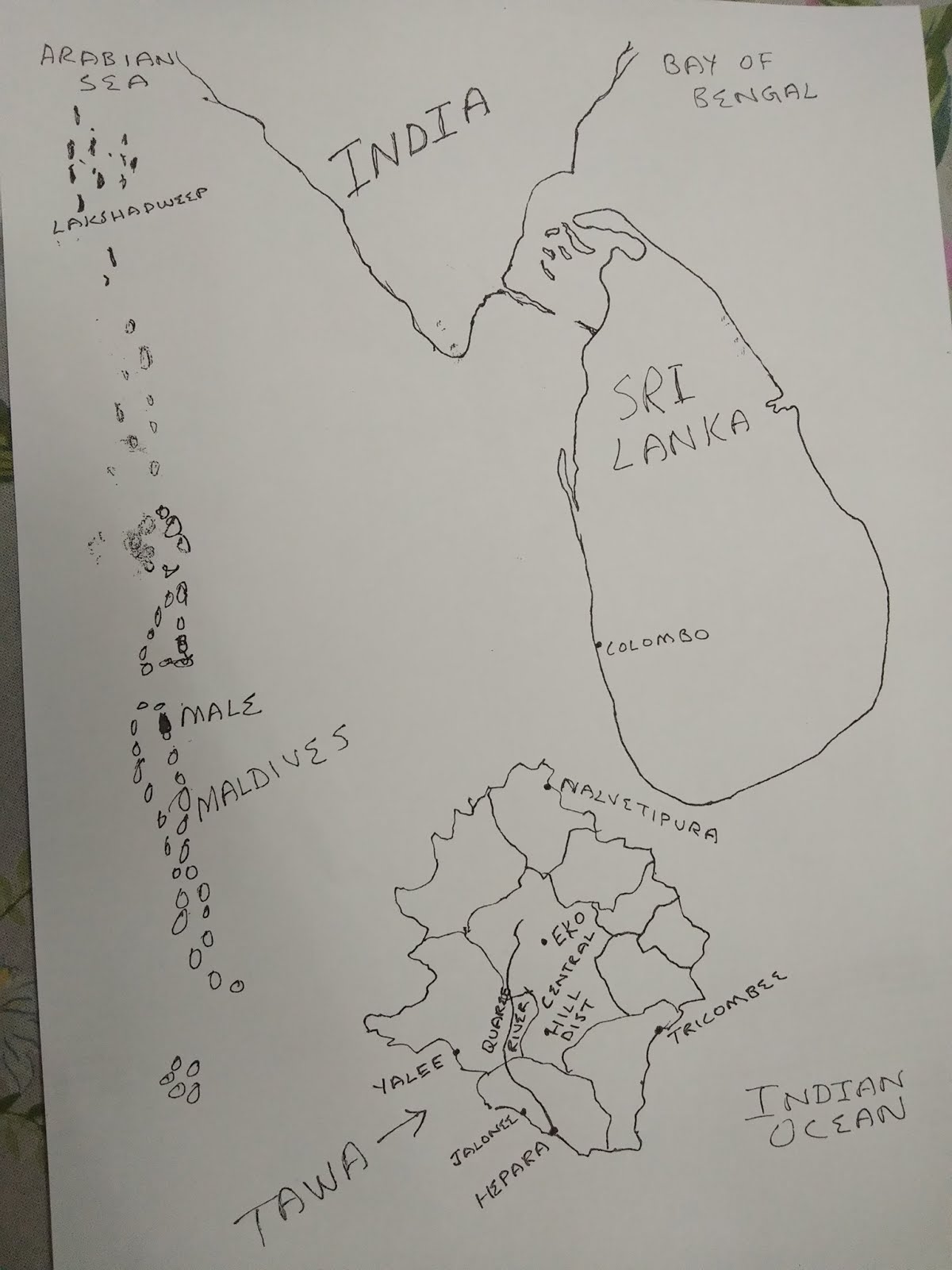
I have never been a fan of ghost stories and I started to read The Little Stranger for two reasons only. One because it is on the Booker Prize shortlist for 2009 and secondly because until now, all of Waters’s books have had gay and lesbian themes and I thought a shift from gay/lesbianism to ghosts sounded very interesting, if not challenging. To be honest, Waters had already started drifting away from gay and lesbian themes in her fourth novel, The Night Watch, which preceded The Little Stranger and is set in the 1940s. Like all her other novels, The Little Stranger is a ‘period story’ and is set in the period just after the Second World War. Though a ghost story, The Little Stranger is as much about English society after the War and the changes to the English class system, as it is about ghosts.
Using a GP as her narrator, Waters’ tells us the story of the Ayreses who live in the Hundreds Hall in rural Warwickshire. At one point, the Ayreses had wealth and social standing. When the story begins, they only have the latter and we see Roderick, the only male left in the Ayres family struggle with his bills as well as his war wounds. Roddy’s sister Caroline, an intelligent, but plain girl, does a substantial amount of manual work in the farm and in the household. The mother Mrs. Ayres has seen much better days and would like to keep up appearances.
Dr. Faraday the narrator is a middle-aged doctor who comes from red-blooded working class stock – his mother was a maid at the Hundreds Hall many years ago. In fact, Dr. Faraday has been to Hundreds Hall as a kid for an Empire Day function, when he was allowed into the big house as a treat. Dr. Faraday is now a GP who has not done spectacularly well for himself. He is called out to Hundreds to treat the maid Betty who has started working there very recently. Betty is faking a tummy ache and Faraday latches on, though he doesn’t snitch on her. That there is something very wrong with Hundreds Hall becomes apparent very early on, though Waters takes her time to build up the tempo before she makes it clear that the place is haunted.
Waters also takes her time in telling her readers officially that there is a spark between Dr. Faraday and Caroline, though most readers will start wondering very early on why Dr. Faraday doesn’t woo Caroline when he admires her so much. It is only when one reaches the halfway mark of this 500 page tome that one see Dr. Faraday and Caroline make the moves. Even after the spark is officially lit, it flickers and even disappears for certain stretches, despite all around approval for the match.
Even though ghost stories don’t appeal to me, I really enjoyed The Little Stranger, mainly because Waters devotes a considerable amount of effort and space in building up the atmosphere and the characters. It’s not just the main characters (who are few in number) who sound and smell authentic. Even the peripheral ones come across as genuine 1940s vintage.
Whilst telling us the story of a possible ghost, Waters tackles a host of social issues ranging from landowners’ resentment towards Atlee’s Labour government, the introduction of the National Health Service, lack of social mobility (in those days) etc. For someone not familiar with post-war England, The Little Stranger is full of surprises. Food is rationed and even the well-off struggle to buy food. To buy clothes, you need clothes coupons. Dr. Faraday uses up all his coupons to buy a wedding dress for Caroline. Gas is rationed as well, though Dr. Faraday is able to drive everywhere he wants to, since he is a GP. One gathers that there was no law against drink driving in those days since Dr. Faraday gets puking drunk on more than one occasion and drives home without a care in the world.
Waters's story telling skill is so very good that my interest never flagged while reading this tome. After the Ghost’s presence was more or less confirmed (around Page 300 or so), Waters’ did get me to sit of the edge of my sofa for the rest of the book.
Does the romance between Dr. Faraday and Caroline come to a successful conclusion? Is the Ghost laid to a peaceful repose for eternity, as many ghost stories do? Does the Hundreds Hall regain its past glory? Do read this wonderful book to find out.
The Little Stranger has been shortlisted for the 2009 Man Booker Prize, which will be announced on 6 October 2009. Waters has been shortlisted for a Booker twice in the past. Though I am not sure if a ghost story has ever won the Booker Prize, there is a very good possibility that Waters will be third time lucky in 2009.










